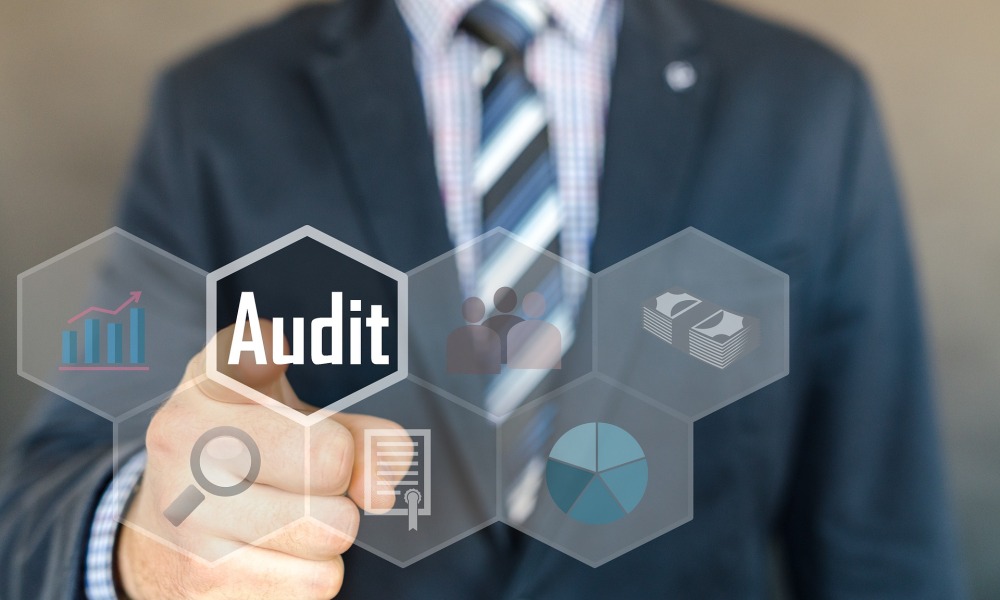In today’s complex and ever-evolving business landscape, the role of a Certified Public Accountant (CPA) in auditing and financial reporting is more crucial than ever. As guardians of financial integrity, CPAs play a vital role in ensuring the accuracy, reliability, and transparency of financial statements and reports. CPAs provide stakeholders with confidence in the financial health and performance of an organization, enabling informed decision-making and strategic planning.
From examining financial records to preparing financial statements, the San Jose CPA brings a level of objectivity, expertise, and rigor to the financial reporting process that is essential for maintaining trust and credibility in the marketplace.
Auditing and financial reporting: What’s the difference?
Auditing and financial reporting are distinct processes that serve different purposes.
- Auditing is an independent examination of an organization’s financial statements and records to ensure their accuracy, completeness, and compliance with relevant laws and regulations. It’s a retrospective review of financial data to identify material weaknesses and errors.
- Financial reporting, on the other hand, is the process of presenting financial information to stakeholders through financial statements, such as balance sheets, income statements, and cash flow statements. It’s a forward-looking process that provides insights into an organization’s financial performance, position, and prospects.
What is the role of a CPA in auditing?
Here is a detailed outline of the role of a CPA in auditing:
Planning and Risk Assessment
- Identify audit objectives and scope
- Assess risk factors and materiality
- Develop audit strategy and plan
Testing and Examining Financial Records
- Verify the accuracy and completeness of financial data
- Test internal controls and transactions
- Evaluate accounting estimates and judgments
Evaluating Internal Controls
- Assess design and operating effectiveness
- Identify control weaknesses and deficiencies
- Recommend improvements
Identifying and Reporting Material Weaknesses
- Determine the materiality of weaknesses and errors
- Report findings to management and audit committee
- Provide recommendations for remediation
Issuing an Audit Opinion
- Express opinion on fairness and accuracy of financial statements
- Provide assurance on compliance with laws and regulations
- Sign and date the audit report
Communicating with Management and Audit Committee
- Discuss audit findings and recommendations
- Provide insights and suggestions for improvement
- Address any questions or concerns
Maintaining Independence and Objectivity
- Avoid conflicts of interest and bias
- Maintain professional skepticism and judgment
- Comply with auditing standards and regulations

What is the role of a CPA in financial reporting?
Here is a detailed outline of the role of a CPA in financial reporting:
Preparation of Financial Statements
- Prepare accurate and complete financial statements (balance sheet, income statement, cash flow statement)
- Ensure compliance with accounting standards (GAAP or IFRS)
- Present financial information in a clear and transparent manner
Accounting Standards and Regulations
- Ensure compliance with relevant accounting standards and regulations
- Stay up-to-date with changes in accounting standards and regulations
- Apply accounting standards and regulations to financial reporting
Financial Analysis and Interpretation
- Analyze financial data to identify trends and insights
- Interpret financial results to stakeholders (management, investors, creditors)
- Provide recommendations for improvement
Financial Statement Review and Attestation
- Review financial statements for accuracy and completeness
- Attest to the fairness and accuracy of financial statements
- Provide assurance on compliance with laws and regulations
Disclosure and Transparency
- Ensure adequate disclosure of financial information
- Provide transparent financial reporting
- Comply with securities laws and regulations (if applicable)
Financial Reporting to Stakeholders
- Communicate financial results to stakeholders (management, investors, creditors)
- Provide insights and recommendations for improvement
- Address any questions or concerns
Maintenance of Financial Records
- Ensure accurate and complete financial records
- Maintain financial records in accordance with accounting standards and regulations
- Provide access to financial records for audit and review purposes
In conclusion, CPAs play a vital role in auditing and financial reporting, ensuring the accuracy, reliability, and compliance of financial statements and reports. Their expertise, objectivity, and attention to detail provide stakeholders with confidence in the financial health and performance of an organization.




